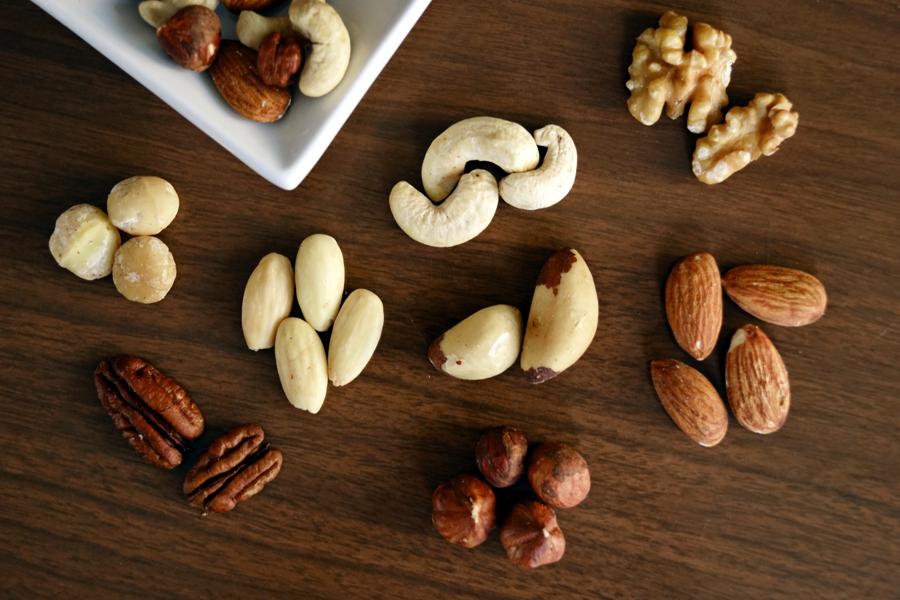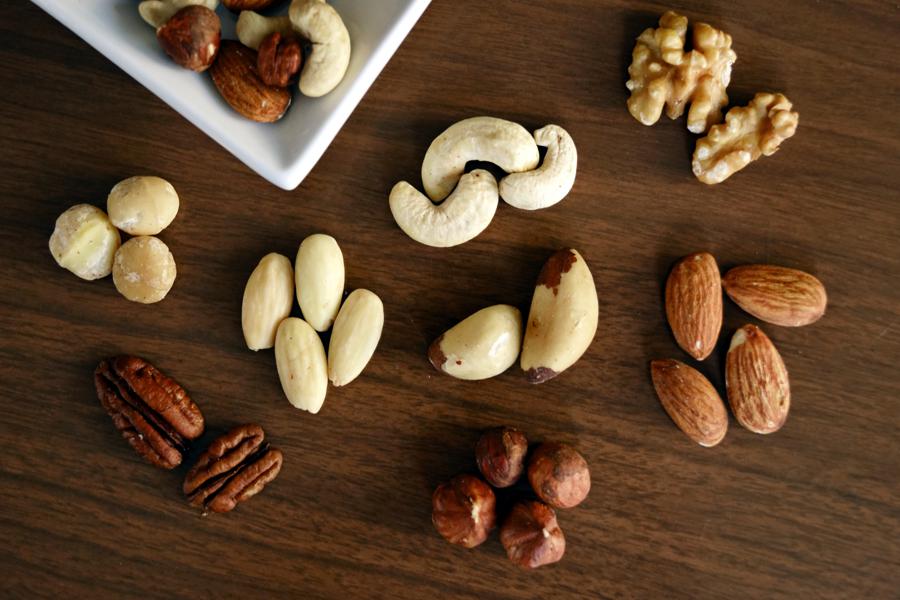Health Benefits Of Pecans Versus Walnuts
The debate between the health benefits of pecans and walnuts has been raging for some time, but what are the actual differences between them? In this blog, we will compare and contrast the health benefits of both these nuts, including their nutrient content, antioxidant capacity, and their potential for helping to reduce the risk of various illnesses and diseases.
We will also look at how to incorporate each nut into your diet for maximum health benefits.
Overview of nutrition facts for pecans and walnuts


Pecans and walnuts are two of the most beloved nuts out there. They both offer a tasty and crunchy snack that can be enjoyed in a variety of ways.
Let’s take a closer look at the health benefits of pecans versus walnuts to find out. Pecans are high in monounsaturated fats, which can help reduce bad cholesterol levels and lower your risk of heart disease.
They’re also a great source of vitamin E, which is an important antioxidant. Walnuts, on the other hand, are high in polyunsaturated fats, which can help reduce inflammation in the body.
Additionally, walnuts are a great source of omega-3 fatty acids, which can help improve brain and heart health. When it comes to calories, both nuts are fairly similar. A serving of one ounce of pecans contains around 193 calories, while a serving of one ounce of walnuts contains around 185 calories.
However, when it comes to fat, walnuts have the edge. A one ounce serving of pecans contains around 20 grams of fat, while a one ounce serving of walnuts contains around 18 grams of fat. Ultimately, both pecans and walnuts are great sources of nutrition and can be enjoyed as part of a healthy diet. However, if you’re looking to lower your cholesterol or reduce inflammation, walnuts may be the better choice. So, when it comes to health benefits, the choice between pecans and walnuts is up to you.
Comparison of dietary fiber, vitamins, and minerals in pecans and walnuts


Are you trying to decide between pecans and walnuts for a healthier snack? It’s a tough choice, as both types of nuts offer a variety of health benefits. When it comes to dietary fiber, vitamins, and minerals, both pecans and walnuts have a lot to offer.
Pecans are an excellent source of dietary fiber, with a 1-ounce serving providing over 4 grams. They are also a good source of vitamin E and magnesium.
Walnuts, on the other hand, have slightly more dietary fiber, providing around 3 grams per 1-ounce serving.
So, if you are looking for a snack that packs a punch in terms of dietary fiber, vitamins, and minerals, then both pecans and walnuts can provide you with a healthy and delicious snack.
Health benefits of pecans, including heart health and cancer protection


Pecans and walnuts are two of the most popular types of nuts. But when it comes to health benefits, pecans have the upper hand. Pecans are rich in monounsaturated fatty acids, which are known for their heart-healthy properties.
Pecans are rich in monounsaturated fatty acids, which are known for their heart-healthy properties. Additionally, pecans contain powerful antioxidants that may help protect against cancer. In contrast, walnuts contain more polyunsaturated fatty acids, which do not have the same effects on heart health as monounsaturated fatty acids.
Therefore, pecans offer more substantial health benefits than walnuts.
Health benefits of walnuts, including brain health and weight loss


When it comes to health benefits, walnuts and pecans have a lot in common. Both are packed with essential vitamins and minerals, including vitamin E and magnesium. They are also a great source of healthy fats, which can help reduce the risk of heart disease.
They are also a great source of healthy fats, which can help reduce the risk of heart disease. But when it comes to the best nut for health benefits, walnuts come out on top. Not only do they provide more antioxidants and anti-inflammatory benefits, they also contain significant amounts of omega-3 fatty acids, which are essential for brain health and weight loss.
Plus, they are a great source of protein, making them a perfect addition to any healthy diet. So if you’re looking for a nutritious snack or meal-time supplement, walnuts are a great choice!
Tips for incorporating pecans and walnuts into your diet


If you’re looking to add a tasty and nutritious crunch to your diet, look no further than pecans and walnuts. Both are powerhouses of nutrition, offering a variety of health benefits ranging from improved heart health to lower cholesterol. While they are similar in composition and nutrition, they also have their own unique differences.
While they are similar in composition and nutrition, they also have their own unique differences. To make the most out of these two powerful nuts, it’s important to understand the health benefits of pecans versus walnuts and how to incorporate them into your diet. Pecans are a great source of plant-based protein and essential fatty acids.
They also provide a host of vitamins and minerals such as manganese, thiamin, and vitamin E. Walnuts, on the other hand, are rich in antioxidants and contain omega-3 fatty acids, which are known to reduce inflammation. Both nuts are excellent sources of fiber, which helps to regulate blood sugar levels and can make you feel fuller for longer.
To get the maximum benefit from these two superfoods, try adding them to salads, yogurt, oatmeal, or trail mix for a quick and easy snack. Alternatively, use them to replace other nuts in recipes like nut-based sauces and pestos.
With the right combination of pecans and walnuts, you can make your diet more nutritious and delicious!
Final Touch
In conclusion, both pecans and walnuts are nutritious foods that provide numerous health benefits. Pecans are higher in calories, saturated fat, and monounsaturated fat than walnuts, but walnuts contain more polyunsaturated fat and omega-3 fatty acids.
Both nuts are excellent sources of dietary fiber, protein, vitamins, and minerals. Eating either of these nuts can help promote heart health, reduce inflammation, and boost brain function. So, when it comes to choosing which nut is better for your health, it really comes down to personal preference.







